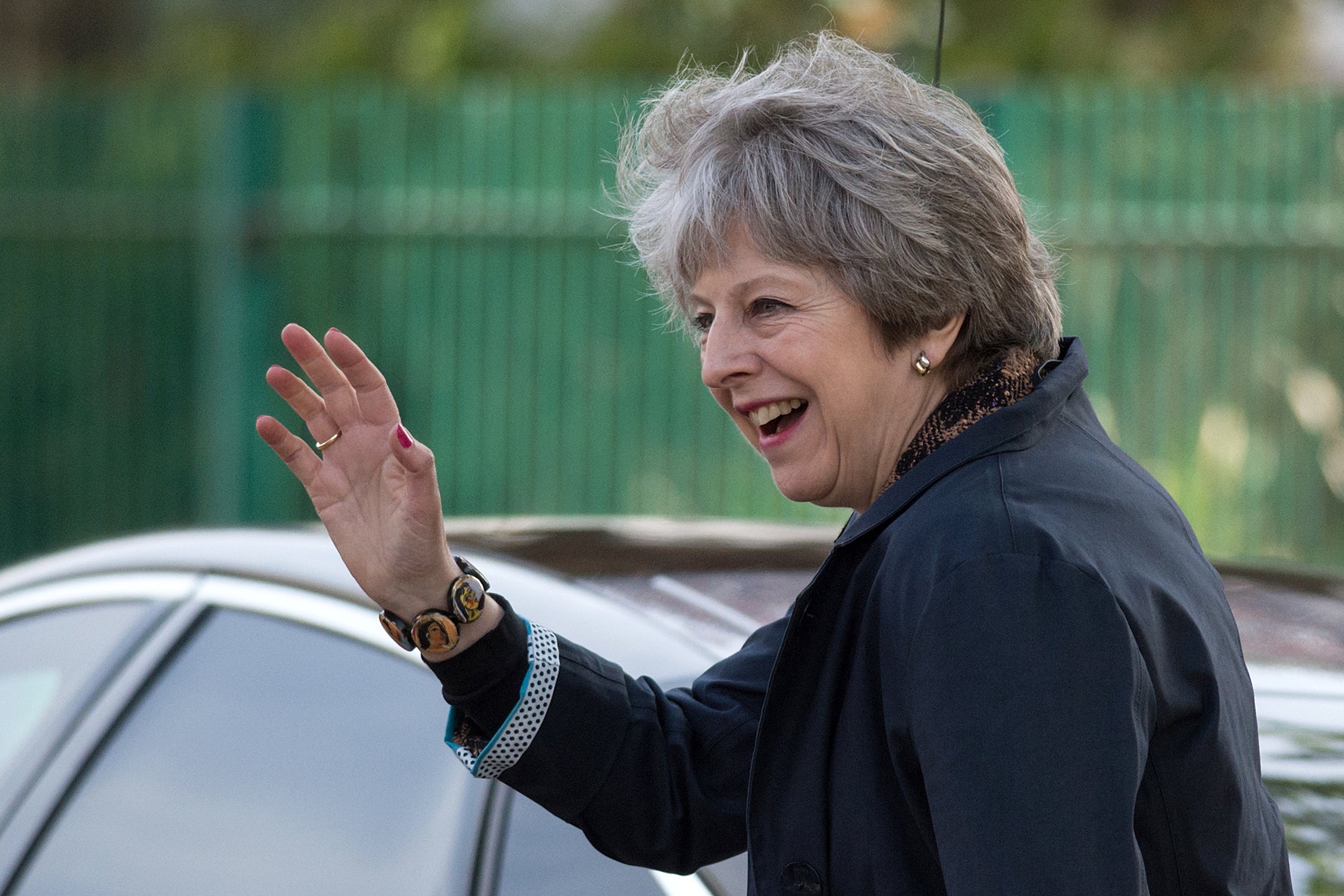This is why local elections are important – and how much they can tell us about Brexit
Whether concerns relate to employment and housing or potholes and fly tipping, it seems that day-to-day experience is shaping voting intentions

Your support helps us to tell the story
From reproductive rights to climate change to Big Tech, The Independent is on the ground when the story is developing. Whether it's investigating the financials of Elon Musk's pro-Trump PAC or producing our latest documentary, 'The A Word', which shines a light on the American women fighting for reproductive rights, we know how important it is to parse out the facts from the messaging.
At such a critical moment in US history, we need reporters on the ground. Your donation allows us to keep sending journalists to speak to both sides of the story.
The Independent is trusted by Americans across the entire political spectrum. And unlike many other quality news outlets, we choose not to lock Americans out of our reporting and analysis with paywalls. We believe quality journalism should be available to everyone, paid for by those who can afford it.
Your support makes all the difference.On May 3, the local elections will see contests in 150 English local authorities. Attention is largely focused on expected outcomes in the 32 London boroughs but the majority of the 4,350 seats will be contested outside of the capital. The same day will also see five mayoral elections in London and the first combined authority mayor elected for the Sheffield city region.
Local elections are important but unfortunately, second order contests still fail to receive the attention they deserve. However, there are a number of reasons why we should pay close attention to those that take place those on Thursday.
This is the first opportunity for voters to make their opinion known at the ballot box since the 2017 general election. And, notwithstanding an unexpected election, this will also be their last opportunity before Brexit is finalised.
Of course, high profile issues such as antisemitism, the Windrush scandal and Amber Rudd’s departure from the Home Office will affect voting intentions for Labour and the Conservatives but it’s important to remember that electoral behaviour at the local level is both complex and fluid. With these points in mind, it would be a mistake to assume that May 3 will be a referendum on the government – or the opposition.
Local authorities are responsible for a significant proportion our public services. Their budgets are handed to them from Westminster but it’s up to them how they are spent. As financial restraint becomes increasingly apparent and the effects play out in local communities, doorstep evidence appears to be indicating that local issues dominate public discourse. Whether concerns relate to employment and housing or potholes and fly tipping, it seems that day-to-day experience is shaping voting intentions.
The English political landscape is diverse and the local elections will reflect that. There has been a clear tendency since the EU referendum to characterise the country’s political opinion as a homogenous entity. In reality, the Brexit vote highlighted the diversity of political opinion across England and this will be upheld on Thursday. It’s unclear as to whether Labour will make the much needed inroads it needs to firm up its base for a future general election, rather, it’s more likely that the party will experience the majority of its success in areas of London where it already enjoys support.
Any gains the Conservatives make will be elsewhere, further accentuating the singularity of the capital and the continued north-south divide. What’s more, most contests will take place in parts of the county where independent and local party politics are more likely to thrive. Given concerns that surround Labour and the Conservatives, it is possible that some voters will opt for a non-mainstream alternative on Thursday.
A number of majorities are under threat. The London Conservative strongholds of Barnet, Wandsworth and Westminster are under particular scrutiny and while a YouGov survey for Queen Mary University of London suggests Labour may fail to take these London councils, the party will, at the very least, make significant electoral inroads and disrupt long held majorities.
A number of majorities outside the capital also look precarious and despite most of these councils contesting only a portion of their seats, Labour, the Conservatives and indeed the Liberal Democrats will hope to make new gains or recapture old ground in these councils.
Multi-party politics operates in English local councils and non-mainstream options continue to quietly grow. Though the predicted demise of UKIP will reduce small party representation, the Greens have more than doubled their candidacy.
Arguing for an “end to one-party-state councils” and a “Green on every council”, the party is articulating an explicitly “bottom-up” approach and predicts success. Relatively new to local politics is the Women’s Equality Party which will field 30 candidates and if successful, bring a gendered narrative to the council chamber. So while Labour and the Conservatives might take all the headlines, there’s an awful lot more going on around the country.
Karin Bottom is a lecturer in British politics and public policy at the University of Birmingham
This article originally appeared on The Conversation (theconversation.com)
Join our commenting forum
Join thought-provoking conversations, follow other Independent readers and see their replies
Comments